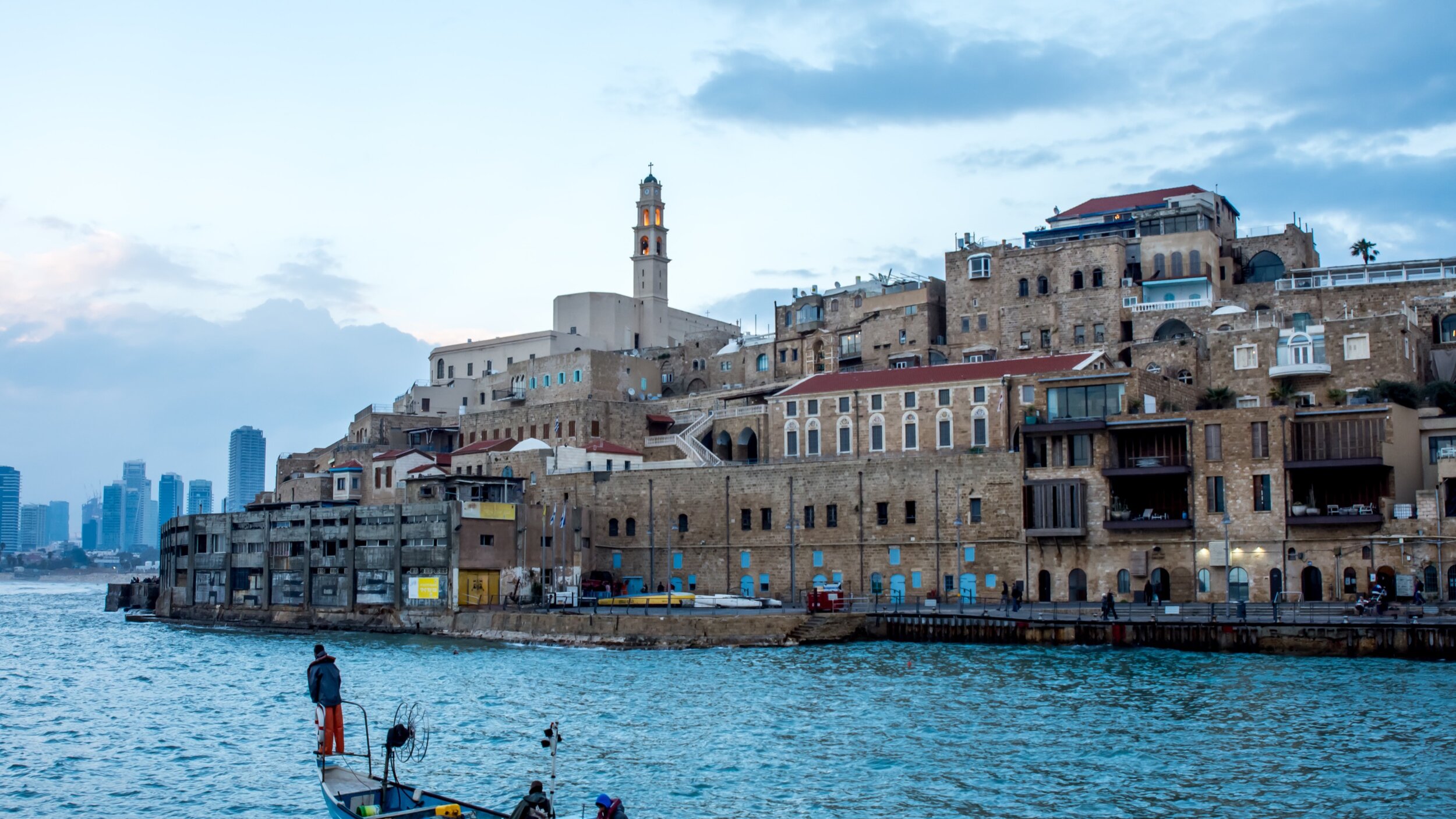Making it Count: Revolutionizing Israeli Education
The last-standing mixed Jewish-Arab primary school in Israel, The Weizmann School, was closed following the 2014 Gaza-Israel conflict.
In the small historical city of Jaffa, 2007 was a year of celebration for its residents, who had organized to have their children, Jewish and Arab, educated side by side. The Weizmann School aimed to supersede a culture of xenophobia in the country by advocating for bilingual education in Hebrew and Arabic; ultimately becoming a beacon of hope in a turbulent country that has suffered categorization and separation within its richly diverse society.
In Israel’s education system, Arabic education is compulsory but generally not of high quality, and focuses predominantly on Modern Standard Arabic, which Israeli students cannot practice actively with Arabic-speaking citizens. Whereas the Weizmann School provided an environment where the use of both languages was encouraged, although Hebrew was the dominant language of education. Following dramatic escalations between Israel and Gaza in 2014, the school was closed indefinitely, not opening its doors on Monday, September 1st, 2014 for the start of the new school year.
Since then, mixed schools have come under attack from radical elements within the right-wing Israeli government who have aimed to decrease the visibility of Arab culture, including the successful demotion of Arabic from an official language to a language “with a special status” in 2018 under the Nation-State Law. Despite these attempts to change the status quo, an Arabic-language Druze high school in the northern village of Beit Jann has been rated Israel’s best performing school year upon year.
We can recognize that hostile attitudes among Jewish Israelis towards the Arabic language, typically thought of as ‘the enemy’s tongue’, have begun to shift and the Israeli Jewish public demonstrates an increasing affection for the Arabic language, enabling the renaissance of Arab Jewish culture, which until recently had become an oxymoron in Israeli society. We can attribute this success to Arabic music, which plays an important role in contemporary Israeli society, particularly amongst “Mizrahi” Israelis of Arab origin, as well as the widespread success of Israeli television shows with extensive dialogue in Arabic, such as Fauda.
From the ashes of the Weizmann School rose a new hope for mixed bilingual education in Israel. The Hand in Hand network of schools has emerged in several cities across the country, including Jaffa and Jerusalem. The schools continue the Weizmann School’s legacy and in 2016, they received an important donation from famed musician Carlos Santana. The school provides an immersive education in both Hebrew and Arabic to Jewish and Arab students alike and the network of schools has recently been featured in the Ministry of Education’s list of outstanding schools.
It is the hope that this new network of bilingual Arab-Jewish schools will set a new standard for education in Israel, in which coexistence takes a place on the curriculum, front and center.

